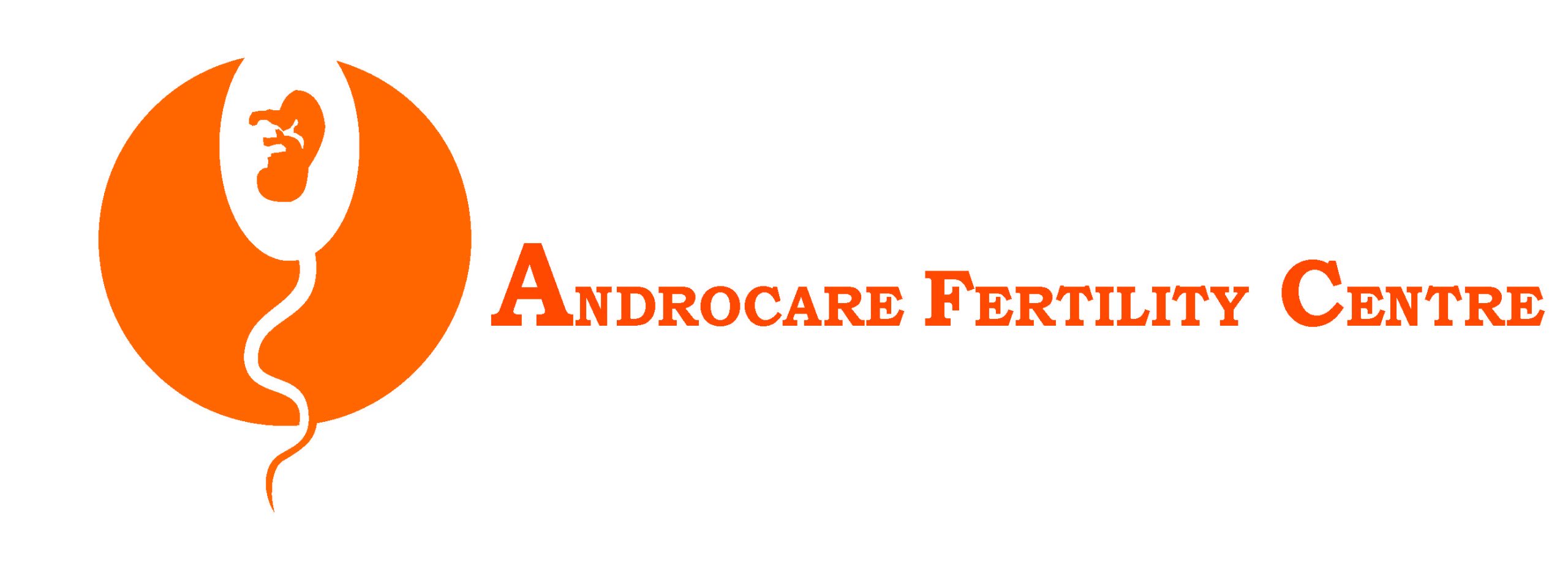Prioritizing Women’s Health: Essential Women’s Health Screenings & Preventative Care
Introduction
Prioritizing your health isn’t a luxury; it’s a necessity. For women, this means understanding the crucial role of preventative care and consistent women’s health screenings. It’s about taking proactive steps to detect potential issues early, improving treatment outcomes and overall well-being.
This guide will outline the key screenings and lifestyle adjustments that contribute to optimal health. We’ll delve into the specifics of what you need to know, from cervical cancer prevention to cardiovascular health, covering the spectrum of essential women’s health screenings.
Regular checkups aren’t just appointments; they’re investments in your future health. It’s about empowering yourself with knowledge and taking charge of your wellness journey.
The Importance of Preventative Healthcare for Women
Why Early Detection Matters in Women’s Health Screenings
Early detection through routine women’s health screenings is fundamental. Identifying health concerns before they escalate significantly improves treatment effectiveness. For example, catching cervical abnormalities early drastically enhances the success rate of interventions.
Ignoring potential symptoms or delaying screenings can lead to more complex, and sometimes irreversible health complications. This is why regular female health checks are essential.
Understanding Risk Factors and Women’s Wellness
A personalized approach to women’s wellness involves acknowledging individual risk factors. Family history, lifestyle choices, and environmental exposures all play a role. Understanding these factors helps tailor preventative measures.
For instance, a woman with a family history of breast cancer might require earlier or more frequent mammograms. Likewise, lifestyle choices, such as diet and exercise, significantly impact cardiovascular health. Recognizing these risks allows for targeted screenings and lifestyle adjustments, ensuring optimal women’s health screenings.
Key Health Screenings for Women
Cervical Cancer Screening: Essential Women’s Health Screenings
Cervical cancer screenings, including Pap smears and HPV tests, are vital. These tests detect precancerous or cancerous cells, allowing for timely intervention.
The frequency of these women’s health screenings varies based on age and previous results. Typically, women aged 21 to 65 should undergo regular screenings, with specific guidelines evolving.
Breast Cancer Screening (Mammograms & Self-Exams)
Mammograms are crucial for early breast cancer detection. Combined with clinical breast exams and self-exams, they form a comprehensive approach. Mammograms are recommended at specific intervals, often starting at age 40, though earlier if there is a family history.
Familiarizing yourself with your breast tissue through self-exams aids in identifying any changes. These women’s health screenings are a first line of defense.
Cardiovascular Health Screenings: A Key Component of Women’s Health
Cardiovascular disease is a leading cause of death in women. Monitoring blood pressure and cholesterol levels is essential.
These screenings detect risk factors like hypertension and high cholesterol, allowing for lifestyle adjustments or medical interventions. Regular checks are advised, with frequency depending on age and risk.
Bone Density Testing: Protecting Women’s Bone Health
Bone density tests, or DEXA scans, assess bone strength and identify osteoporosis risk. These are important women’s health screenings especially as women age. The frequency of these tests depend on individual risk factors.
Colorectal Cancer Screening: Important for all Women.
Colorectal cancer screening is essential for all women. There are multiple screening options including colonoscopy or stool based tests. The frequency of these tests varies based on personal history, and family history.
Diabetes Screening (Blood Sugar Tests)
Blood sugar tests detect diabetes, a condition that can lead to serious complications. These screenings are especially important for women with risk factors like obesity or a family history of diabetes.
Skin Cancer Screenings: protecting Women’s skin.
Skin cancer screenings are also vital. Self examinations, and professional examinations are important to detect cancerous lesions early.
Lifestyle and Preventative Measures
Healthy Diet and Exercise: Supporting Women’s Health
Nutrition and physical activity are cornerstones of women’s health. A balanced diet rich in fruits, vegetables, and whole grains supports overall wellness.
Regular exercise strengthens the cardiovascular system, improves mood, and helps maintain a healthy weight. Simple activities like walking, swimming, or yoga can make a significant difference.
Vaccinations: Protecting Women’s Health
Vaccinations, such as the HPV and flu shots, are crucial for preventing infectious diseases. The HPV vaccine protects against viruses linked to cervical cancer, while the flu vaccine reduces the risk of influenza. Staying up to date with recommended vaccinations safeguards your health.
Stress Management and Mental Well-being: Crucial for Women
Chronic stress can negatively impact women’s health. Techniques like meditation, deep breathing exercises, and mindfulness can help manage stress.
Prioritizing mental well-being is as important as physical health. Seeking support from therapists or support groups can also be beneficial.
Reproductive Health: Essential for Women
Reproductive health is a critical aspect of overall wellness. Regular STI testing for women, and discussions about reproductive health with a healthcare provider, are important. This includes discussions about birth control, and family planning.
Age-Specific Health Considerations
Women in Their 20s and 30s: Early Women’s Health Screenings
In your 20s and 30s, establishing a foundation for lifelong health is key. Women’s health screenings during this period often focus on reproductive health, including regular pelvic exams, Pap smears, and STI testing.
It’s also vital to monitor blood pressure, cholesterol, and maintain a healthy lifestyle. These years are crucial for setting the stage for future women’s wellness.
Women in Their 40s and 50s: Important Women’s Health Screenings
As women enter their 40s and 50s, specific women’s health screenings become increasingly important. Mammograms become a standard part of preventative care, and discussions about bone density testing may begin.
It’s also essential to continue monitoring cardiovascular health and be aware of perimenopause symptoms. Maintaining a healthy lifestyle continues to be a priority during this time.
Women Over 60: Continued Women’s Health Screenings
For women over 60, continued vigilance with women’s health screenings is critical. This includes ongoing mammograms, bone density tests, and cardiovascular health monitoring.
It’s also important to focus on maintaining cognitive health and managing any chronic conditions. Regular check-ups with a healthcare provider are essential for personalized guidance.
Conclusion
Prioritizing women’s health requires a proactive approach. This involves understanding the importance of preventative care and adhering to recommended women’s health screenings.
By staying informed and taking charge of your health, you empower yourself to live a healthier life. Remember, regular check-ups, healthy lifestyle choices, and early detection are key.
It’s not just about adding years to your life, but adding life to your years. Consult with your healthcare provider to develop a personalized plan that addresses your specific needs and concerns.
How often should women get women’s health screenings?
Frequency varies based on age, risk factors, and the specific screening. Consult your doctor for personalized recommendations.
What are the most important women’s health screenings?
Mammograms, Pap smears, cholesterol checks, and blood pressure screenings are crucial components of women’s health screenings.
At what age should women start getting mammograms?
Guidelines vary, but often start at age 40, or earlier if there is a family history of breast cancer.
Where can I get affordable women’s health screenings?
Community health centers, Planned Parenthood, and some hospitals offer low-cost women’s health screenings.
Why are routine gynecological exams important?
They help detect issues early, and allow for important conversations about reproductive health and women’s wellness.
How can I improve my cardiovascular health?
Through a healthy diet, regular exercise, and monitoring your blood pressure and cholesterol, you can improve your cardiovascular health.
What is the importance of STI testing for women?
Early detection and treatment of STIs can prevent long-term health complications.
What are some signs of hormonal health issues for women?
Signs can include irregular periods, weight gain, mood swings, and fatigue.

